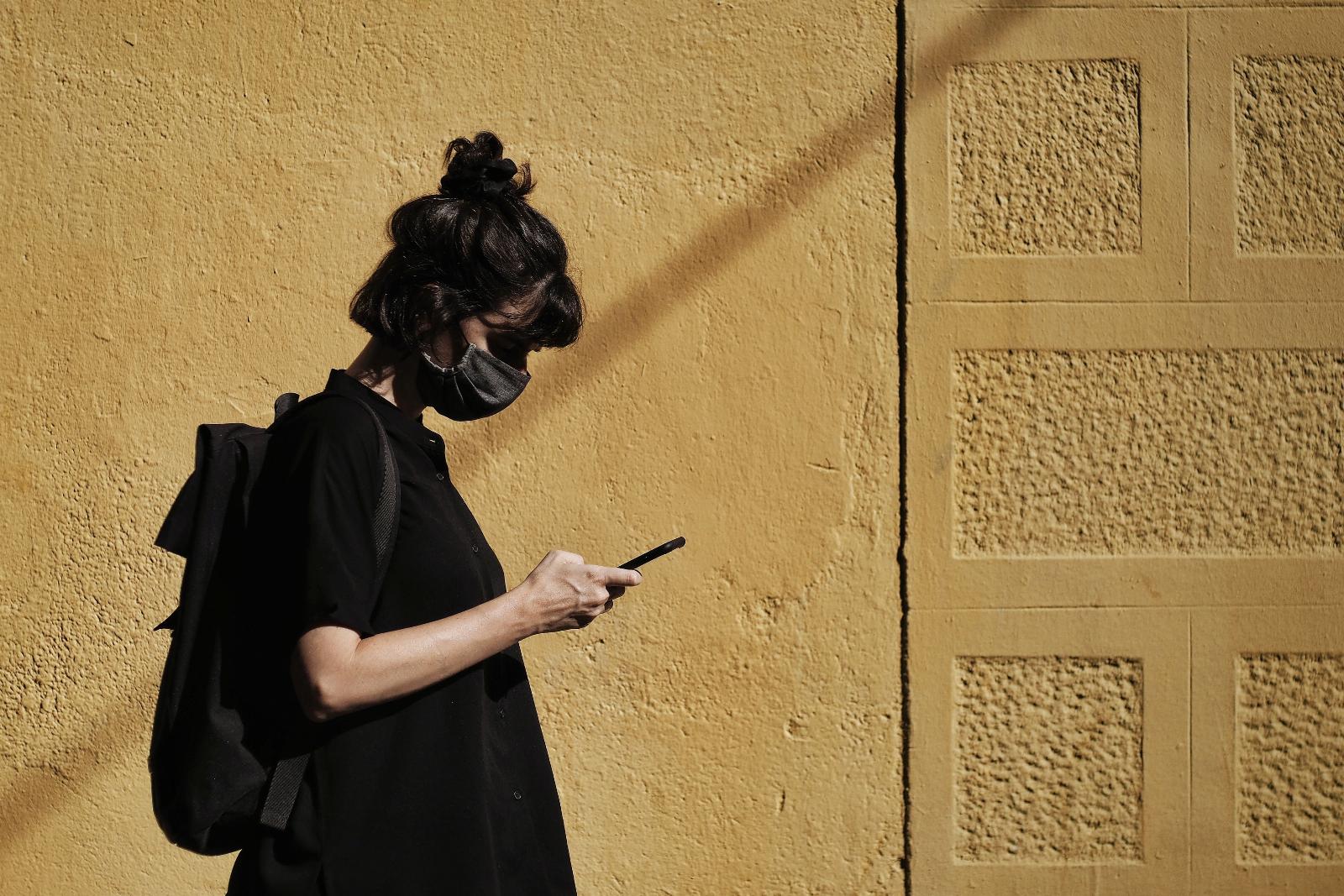
COVID Hospitalizations Are Going Up
Reading Time: 4 minutesWhat Does the Rise in COVID Hospitalizations Mean?, Are we…in a surge?, COVID hospitalizations: They are going up, but it’s not an emergency.
In May, the Biden administration symbolically declared the end of the pandemic when they disassembled their dedicated COVID response team. That same month, the World Health Organization declared that the global emergency had come to an end. Many Americans have seemed like they are done with COVID, using summer 2023 to travel and generally forget that, yes COVID is still an illness that you can get.
Now, we are seeing COVID-19 metrics like wastewater prevalence and hospitalizations tick up. Some headlines have suggested that we’re in a surge. Health officials are warning that if you’re sick, you should get tested. Maybe you’re getting texts from friends announcing that they have COVID for the first time in a while. We wanted to know what this all means, and if we need to adjust behaviors, so we spoke to some experts.
So…are we in a COVID surge?
Careful with the language here. ‘We have been at a very low level of COVID prevalence for several months,’ says Bob Wachter, the Chair of the UCSF Dept of Medicine. Comparatively, what’s happening right now could be described as a surge. But ‘it’s very small compared to the surges that we saw in summer 2021 and December 2022 with the Omicron surge.’ It’s more accurate to say it’s an uptick.
What are the numbers?
The Centers for Disease Control reports that hospital admissions have increased by 12.1 percent in the most recent week—which may sound dramatic. ‘Many journalists as well as [members of] the public find these numbers confusing,’ says Céline Gounder, who is the editor at large for public health at KFF Health News, and a practicing physician. A large increase in a very small number still results in a small number, she explains. This can be hard to wrap your head around with COVID, because we’ve kind of calibrated around even small percentages being scary—earlier in the pandemic, a mortality rate of half a percent meant a huge number of people were dying.
For reference: the new weekly hospital admissions on July 22 were just over 8,000. A year ago, the new admissions for that same week were nearly 45,000.
Ok, what does this rise in cases look like for doctors on the ground?
Jeremy Faust, who works as an emergency medicine physician at Boston’s Brigham and Women’s hospital, said that he has diagnosed a few more patients with COVID than usual so far this week (in previous weeks, it’s been typical for him to diagnose one patient with the disease). Gounder said that she had diagnosed one patient with COVID, who was unvaccinated.
‘Before the vaccine era, you would occasionally see younger, healthier people come in who had no earthly business being anywhere near a hospital otherwise,’ says Faust. ‘That’s gone; that’s been gone since the vaccine came.’
Sounds fine! Can we carry on as usual?
Well, even a small increase in cases and hospitalizations means more people have the disease, which isn’t great. Gounder and Faust both noted that elderly people and immunocompromised people have been at increased risk of hospitalization throughout the pandemic, and that remains true. For these groups, caution can be paramount (and their lives are often trivialized in media coverage and public policy).
A little caution given the rise in cases might be prudent even if you are ok with getting COVID yourself. Wachter recommends ‘keeping a mask with you and when you’re in a crowded, indoor, poorly ventilated space, putting it on’—it’s the ‘highest yield thing that would make a difference.’ Protecting yourself and your community against COVID isn’t all or nothing. And, as ever, vaccines (and boosters!) prevent us from having severe infections.
Faust also sees COVID precautions as a way to avoid the sheer nuisance of having COVID. ‘I have stuff I want to do next week.’ Plus, it’s really annoying to text everyone you’ve seen recently to say you have COVID!
Wait, go back to the boosters. Are we going to keep COVID boosters, like with the flu shot?
Integrating a yearly COVID booster into our fall flu shot season seems to be the track we are on, Wachter told me. When you get your flu shot this fall, get your COVID shot too. The updated booster is set to roll out in early October. People over 60 and immunocompromised people will also be getting RSV vaccines this year, which are new.
While our current COVID booster shot prevents severe illness for almost a year, it protects from infection for only a few months. Faust is hopeful that this fall’s upcoming reformulation of the booster will prevent infection for a longer period of time, which will encourage more people to get the booster. Right now, a few months out from a new booster, we are in ‘our least immune moment’ says Faust.
Ok, so we’re not out of the woods with COVID totally—but also, it’s not a dire situation, and taking some small precautions can help
Yep. ‘We are going to live wave to wave from now on with this virus,’ says Faust. ‘However the meaning of those waves is very different than it used to be.’
Reference: https://slate.com/technology/2023/08/covid-rise-cases-hospitalizations-mask-vaccine.html
Ref: slate
MediaDownloader.net -> Free Online Video Downloader, Download Any Video From YouTube, VK, Vimeo, Twitter, Twitch, Tumblr, Tiktok, Telegram, TED, Streamable, Soundcloud, Snapchat, Share, Rumble, Reddit, PuhuTV, Pinterest, Periscope, Ok.ru, MxTakatak, Mixcloud, Mashable, LinkedIn, Likee, Kwai, Izlesene, Instagram, Imgur, IMDB, Ifunny, Gaana, Flickr, Febspot, Facebook, ESPN, Douyin, Dailymotion, Buzzfeed, BluTV, Blogger, Bitchute, Bilibili, Bandcamp, Akıllı, 9GAG